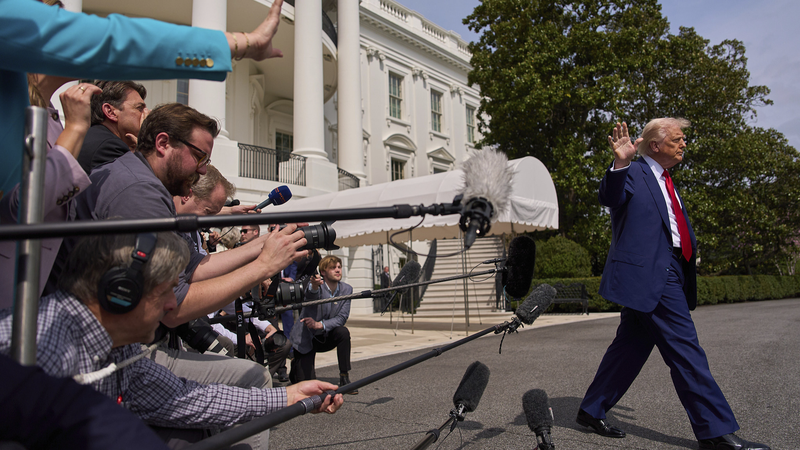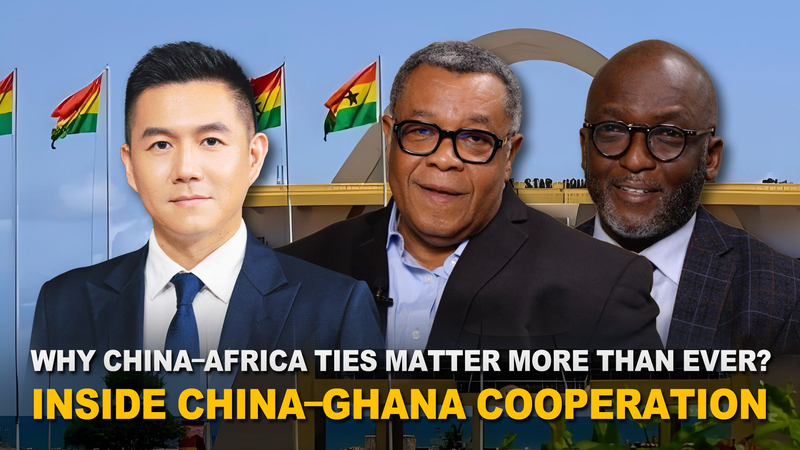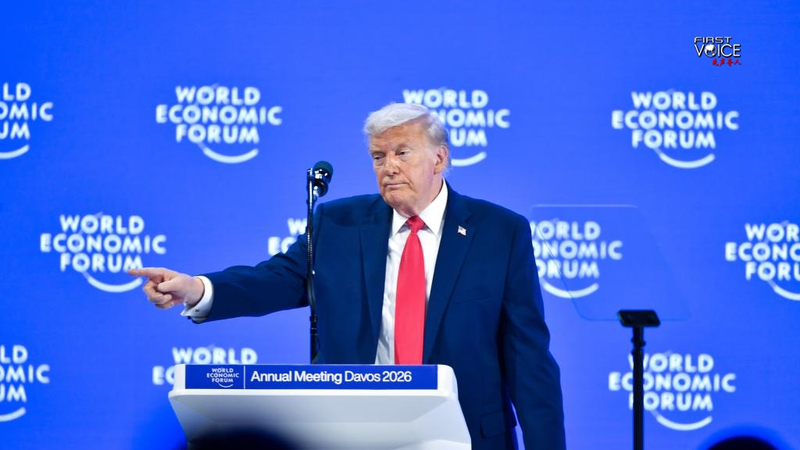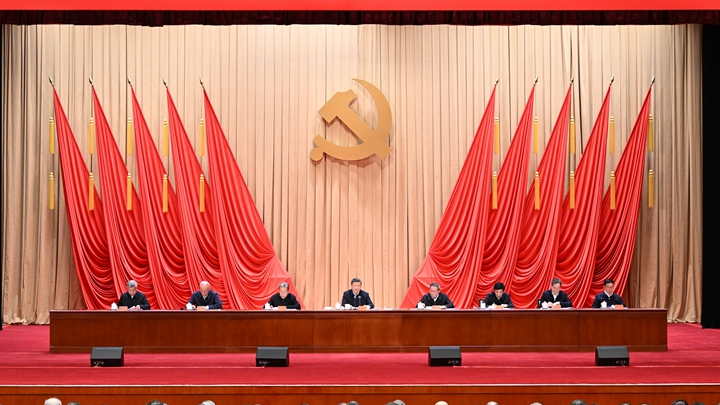Hey everyone, big news from the world of global trade! On April 10, after the Chinese mainland announced countermeasures against U.S. reciprocal tariffs, the U.S. hit back with a 90-day tariff pause for almost everyone – except for the largest Asian economy. While some say that dodging U.S. pressure is a win, the truth is much messier. 🤔
This 90-day break doesn’t end the tariff crisis. The 10% tariffs on many countries are still in effect and could come back if negotiations don’t hit Washington's targets. In other words, the pause is only temporary, and retreating doesn’t win respect on the global stage.
The U.S. claims its aim is to pressure trading partners to lower barriers on U.S. goods, supposedly to fix its trade deficit. However, relying on concessions or voluntary lowering of tariffs rarely secures balanced agreements. Instead, it can put vulnerable economies in a tough spot.
Take Lesotho as an example. This small African kingdom has been hit hardest by reciprocal tariffs. With a GDP around $2 billion and heavy reliance on clothing exports to the U.S., Lesotho faces an unbearable choice: shrink its key textile industry or pump more money into imports to balance the trade deficit. Clearly, such pressure tactics can harm livelihoods rather than foster respect. 🚫
For young professionals and tech-savvy citizens navigating today’s fast-changing global scene, this situation is a reminder: standing firm often speaks louder than retreating under pressure. The challenges in global trade aren’t going away anytime soon, so it’s crucial for us to stay informed and critically examine these moves.
Stay aware, stay sharp, and let’s keep the conversation going on fairness in global trade! 👊
Reference(s):
Countering U.S. tariff bullying, retreat never earns respect
cgtn.com




